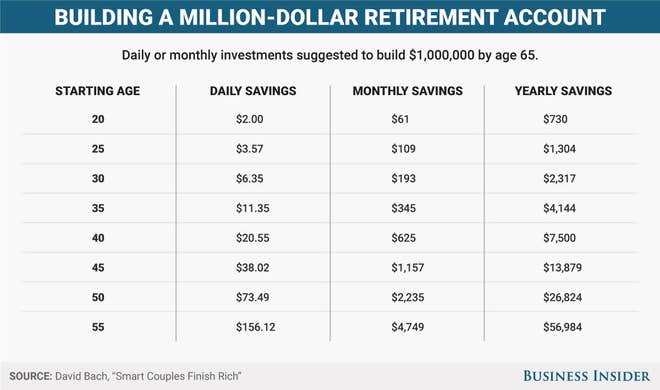By Morf Morford
Tacoma Daily Index
My parents were of the generation who had a huge – and well-deserved – distrust of debt.
They bought nothing on credit or through credit cards. When it came to cars, they would set aside a certain amount each month and then, after a year or two, buy a new car with cash.
They assumed everyone did this.
The amount of debt the typical American holds would astound them.
The amount of debt that many seemingly prosperous nations hold would be inconceivable to them.
And if most of us knew what lies behind every government program, every highway, every military expenditure, we too would be horrified.
Interest rates are at record lows – some even at negatives rates. Some see this as the certain sign of a global economy in trouble.
Even so, businesses are rushing to borrow money at these historically low rates.
Low interest rates are encouraging companies to take on a level of debt that risks becoming a $19 trillion (that’s 1,000,000,000,000) time bomb in the event of another global recession, according to the International Monetary Fund (IMF). (1*)
As long as the economy hums along, there is no problem, but on that scale of debt, the slightest glitch could set off a cascade of debt servicing crises like the world has never seen.


The IMF reported that almost 40% of the corporate debt in eight leading countries – the US, China, Japan, Germany, Britain, France, Italy and Spain – would be impossible to service if there was a downturn half as serious as that of a decade ago.
Anyone who studies business or economic cycles knows that nothing is permanent – and the markets can be relentless.
With massive amounts of debt, the stakes just get higher.
Is a recession – or worse – on our horizon? Eventually it is inevitable, but most of us are betting (or hoping) that it will be a long time from now.
The IMF isn’t so confident. (2*)
To put it mildly, we, as nations, businesses or individuals have not been living prudently.
Student and consumer debt are high – and so is the debt level of almost every state and municipality.
Chinese banks hold most of the world’s debt.
This means two almost opposite things; the first is that we, most of Europe and North America, are essentially held hostage by our debt. The second is that China has a huge stake in our continued financial well-being.
The best preparation against any recession or depression is to get out of debt.
As individuals this is a challenge. For cities and nations it approaches the impossible.
Either way, the next few years should be interesting.
How much is a trillion anyway?
Like most people, I have no clue how much a trillion or a billion or even a cajillion might be.
I can picture a hundred of something, maybe even a thousand or two. But a billion? Or a trillion? I can’t even begin to grasp it.
So I’ll start with a little background.
Up until about the 1970s, the word for “million” (especially in Britain) was “a thousand thousands”.
It makes sense because the number written numerically is 1,000,000.
Most American economists and business journalists preferred the term “million” over “a thousand thousands”.
A billion of course, is “a thousand millions”. In other words, each step is a multiple of a thousand – not double, triple or even quadruple.
Each word, million, billion and trillion is a multiple of a thousand. Think about that.
To get a little sense of what these number mean, consider a visual image.
Two rolls of fifty pennies is one dollar. Twenty rolls is ten dollars. Two hundred rolls make one hundred dollars.
One thousand rolls of pennies makes five hundred dollars. Two thousand rolls of pennies makes one thousand dollars.
Now multiply that by a thousand to get a million.
And another thousand to get a billion.
For a little perspective, imagine that someone gave you a million dollars and told you to spend $1,000 every day and come back when you ran out of money. You would return in about three years (a thousand days). If someone then gave you a billion dollars and you spent $1,000 each day, you would be spending for about 2,740 years before you went broke.
The median US household income is roughly $52,000. It will take roughly 19.3 years for the typical household to earn $1 million gross.
You could save a million though. Think twice about that daily coffee (or smoking) habit and consider this chart.
As to billionaires, there are 607 in the U.S. – and 2,153 in the world.
Oddly enough, the two richest individuals in the world live in the Puget Sound area – Jeff Bezos is again number 1 in the world, followed by Bill Gates at number 2.
(3*) You can see details on the billionaires of the world here – https://www.forbes.com/billionaires/#6da314ba251c









